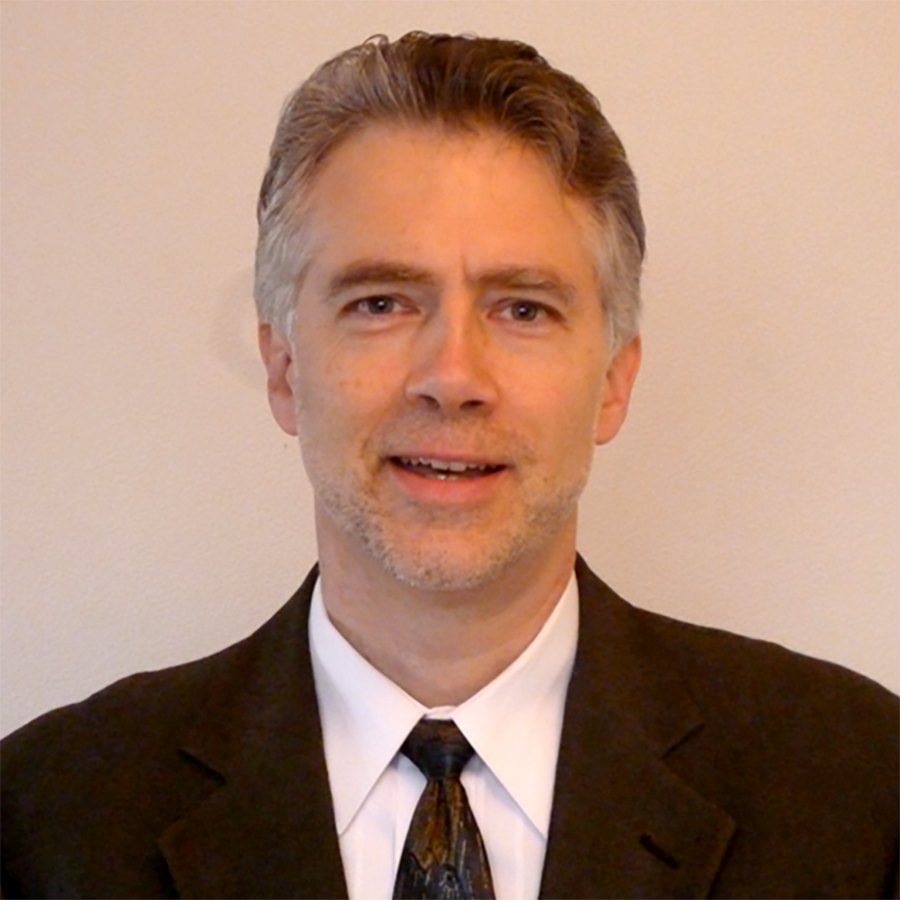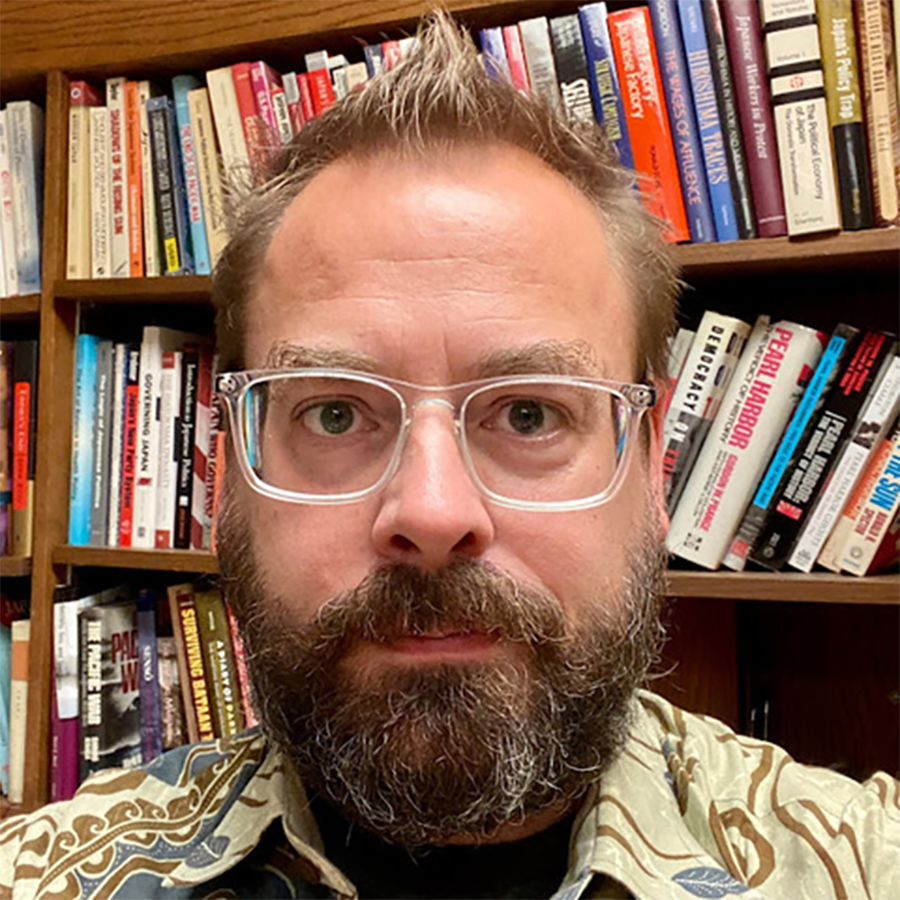Program dates: July 11 – July 25, 2026
- Move-in: July 11
- Orientation: July 12
- Move-out: July 25
This two-week academy will introduce students to the history, culture, economy, and society of East Asia (China, Japan, Korea, and Vietnam). Students will learn about the utility of a historical perspective for understanding our global world through small-group classes, interactive workshops, and faculty-led discussions.
The Asia-Pacific region is home to four of the five most populous countries and three of the five largest economies in the world. It has produced global cultural sensations, such as anime, K-pop, and TikTok, and it is arguably the most dynamic region in the twenty-first century. This academy will use Philadelphia to explore how East Asian culture has expanded abroad. Students will have daily journal reflections and present on East Asian topics of their choice.
Features
- Guest lectures by Penn and Philadelphia area Asia scholars
- Tours of Philadelphia Chinatown and Shofuso (Japanese House and Garden)
- Explore diverse Asia-related sources and collections in the Penn Museum and Penn Libraries
- Participate in onigiri and noodle pulling workshops
- Ethnomusicology study from Chinese lutes to K-pop
- Engage with visual culture from woodblock prints to anime
Learning outcomes
By the end of the course, students will:
- Understand essential aspects of Chinese, Japanese, Korean, and Vietnamese history and culture and their importance to Philadelphia, US, and global culture
- Recognize familiar American fictions about East Asia and be able to make informed judgements about non-Western societies and cultures
- Speak and write clearly and cogently about a variety of texts, objects, events, and experiences
Technology statement
Students are required to bring their laptops or tablets to the program for in-class work and must have administrative access to make changes to the computer system and install applications.

Program Co-Director: Frederick R. Dickinson
Frederick R. Dickinson is professor of Japanese history and director of the Center for East Asian Studies. From 2012-2019, he served as co-director of the Lauder institute of Management and International Studies. Born in Tokyo and raised in Kanazawa and Kyoto, Japan, he writes and teaches about modern Japan, on empire, politics and nationalism in East Asia and the Pacific, and on world history. He received an MA and PhD in History from Yale University and holds an MA in International Politics from Kyoto University (Kyoto, Japan). He is the author of War and National Reinvention: Japan in the Great War, 1914 - 1919 (Harvard University Asia Center, 1999), Taisho tenno (Taisho Emperor, Minerva Press, 2009) and World War I and the Triumph of a New Japan, 1919-1930 (Cambridge University Press, 2013). Currently, he is working on a global history of modern Japan.
Dickinson has received grants from the Japanese Ministry of Education, the Fulbright Commission, and the Japan Foundation, and was a national fellow at the Hoover Institution (Stanford University, 2000-2001) and a research scholar at the International Research Center for Japanese Studies (Kyoto, Japan, 2011-12). He has held visiting professorships at Swarthmore College, Katholieke Universiteit Leuven (Belgium), Kyoto University, and Kwansei Gakuin University (Nishinomiya, Japan).

Program Co-Director: David Dettmann
David Dettmann earned his MA in 2009 from the University of Wisconsin-Madison in the field of Central Asian Studies and has since worked in higher education as an administrator, outreach coordinator, teacher, and educational liaison focusing on themes relating to East, Central, and Inner Asia. From 2009 to 2013, David worked as assistant director at the Center for East Asian Studies (CEAS) at the University of Wisconsin-Madison, where he taught several courses focused on topics such as East Asian civilization and on themes relating to Mongolian and Chinese borderlands. Since 2015, David has coordinated educational outreach and professional development programs relating to East and Inner Asia from the Center for East Asian Studies at the University of Pennsylvania. Example programs organized by David include the annual National Consortium for Teaching about Asia (NCTA) East Asia seminar at the University of Pennsylvania, and the 2016 National Endowment for the Humanities-funded Summer Institute on Modern Mongolia. David has a strong interest in the many cultures of Mongolia and China, and takes great pleasure in studying the region's languages, music, and culinary traditions.
David is also a program manager and consultant for the American Center for Mongolian Studies (ACMS).



